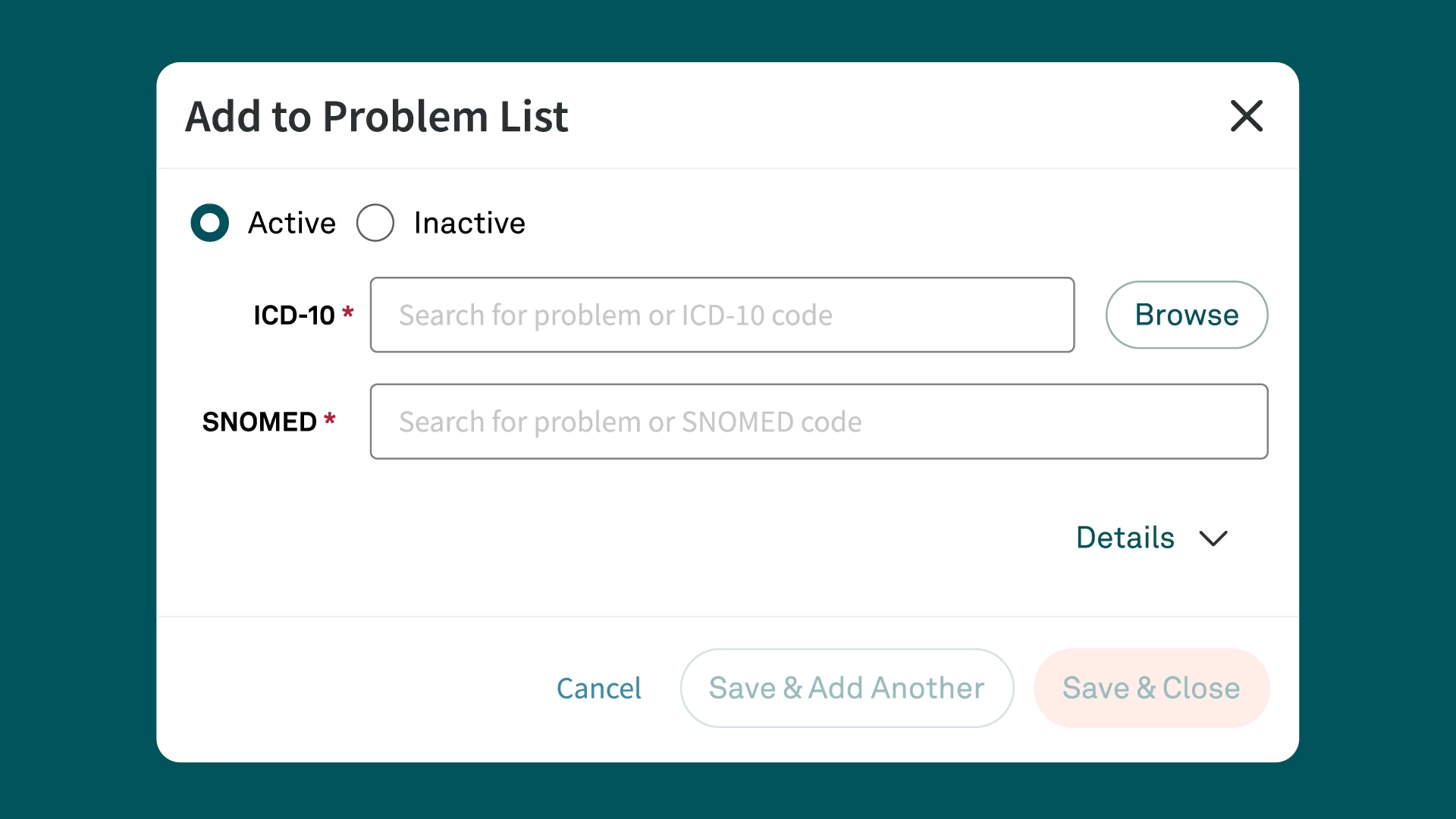ICD-10 Code K59.00
Constipation, unspecified
What is the code K59.00?
K59.00 is an ICD-10-CM code used to specify a medical diagnosis of constipation, unspecified. It falls under the category of diseases of the digestive system, specifically functional intestinal disorders. Healthcare providers use this code to document and bill for cases where a patient presents with symptoms of constipation but no further specification is provided.
Detailed description of K59.00
K59.00 refers to constipation that is not otherwise specified. Constipation is characterized by infrequent bowel movements, difficulty passing stools, or a sensation of incomplete evacuation. The term "unspecified" indicates that the clinician has determined the patient is experiencing constipation, but the specific type or cause of constipation has not been identified or documented.
Symptoms commonly associated with K59.00
Patients diagnosed with K59.00 typically present with symptoms such as:
- Infrequent bowel movements (less than 3 times per week)
- Hard or lumpy stools
- Straining during bowel movements
- A feeling of blockage or obstruction in the rectum
- A sensation of incomplete evacuation after defecation
- Abdominal discomfort or bloating
Related and similar ICD-10 codes
Several ICD-10 codes are related to K59.00 and may be used to specify different types or causes of constipation. These include:
- K59.01: Slow transit constipation
- K59.02: Outlet dysfunction constipation
- K59.09: Other constipation
- K59.1: Functional diarrhea
- K59.2: Neurogenic bowel, not elsewhere classified
Appropriate usage of K59.00 for billing
Use K59.00 for billing when a patient is diagnosed with constipation that lacks further specification. Providers must ensure that their assessment portion of the note accurately reflects the patient’s condition. This code is appropriate when the clinician has ruled out other specific types of constipation but has confirmed that the patient is experiencing symptoms of constipation.
Instructional guidelines when coding K59.00
When coding for K59.00, it is recommended to adhere to the following guidelines and best practices:
- The provider’s assessment portion of the note has documentation of the patient’s symptoms and clinical assessment.
- Rule out other specific types of constipation before using the unspecified code.
- Regularly review and update coding practices to align with the latest ICD-10 guidelines.
Common pitfalls in coding with K59.00
- Using K59.00 when a more specific code is available and appropriate.
- Failing to document in the assessment portion of a note the clinical rationale for using an unspecified code.
- Overlooking other potential diagnoses that might better explain the patient’s symptoms.
- Inadequate documentation, leading to claim denials or reimbursement issues.
- Using this code for incomplete defecation (R15.0) or fecal impaction (K56.41).
Key resources for K59.00 coding
- ICD-10-CM Official Guidelines for Coding and Reporting
- American Health Information Management Association (AHIMA)
- Centers for Medicare & Medicaid Services (CMS) coding resources
- Clinical documentation improvement (CDI) programs
- Continuing education and coding certification courses
Conclusion
K59.00 is a valuable ICD-10-CM code for documenting and billing cases of unspecified constipation. Proper documentation and a thorough understanding of related codes and symptoms can help ensure optimal patient care and reimbursement.
Simplify ICD-10 code documentation with Tebra
Tebra’s EHR+ gives you quick searches and Systematized Nomenclature of Medicine (SNOMED) field names for efficient code documentation. Plus, Tebra automatically saves ICD-10 to SNOMED mapping for future searches, streamlining your workflow.

Discover how Tebra helps providers effortlessly document health-related issues and conditions in this detailed post.
Subscribe to The Intake:
A weekly check-up for your independent practice



